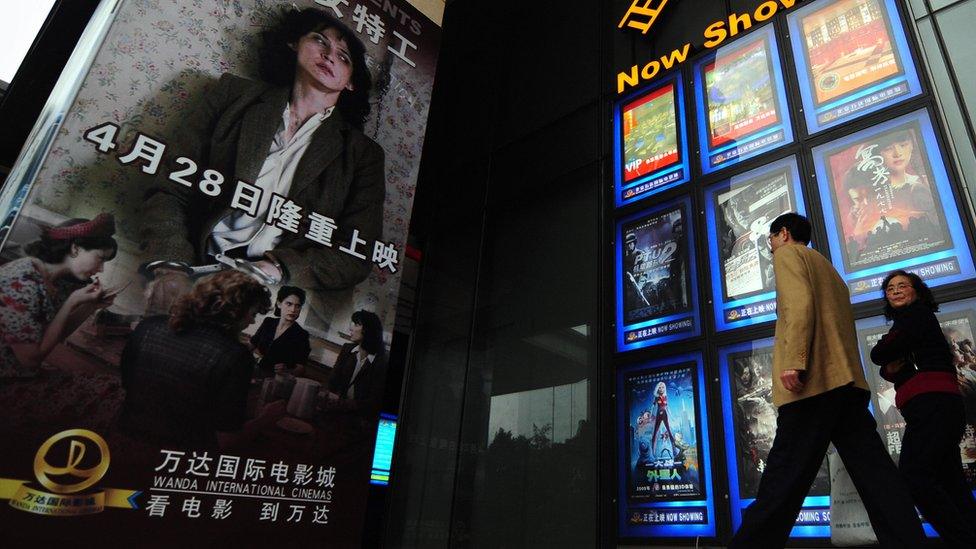Dalian Wanda deal: Why is China's 'Disney rival' being sold?
- Published
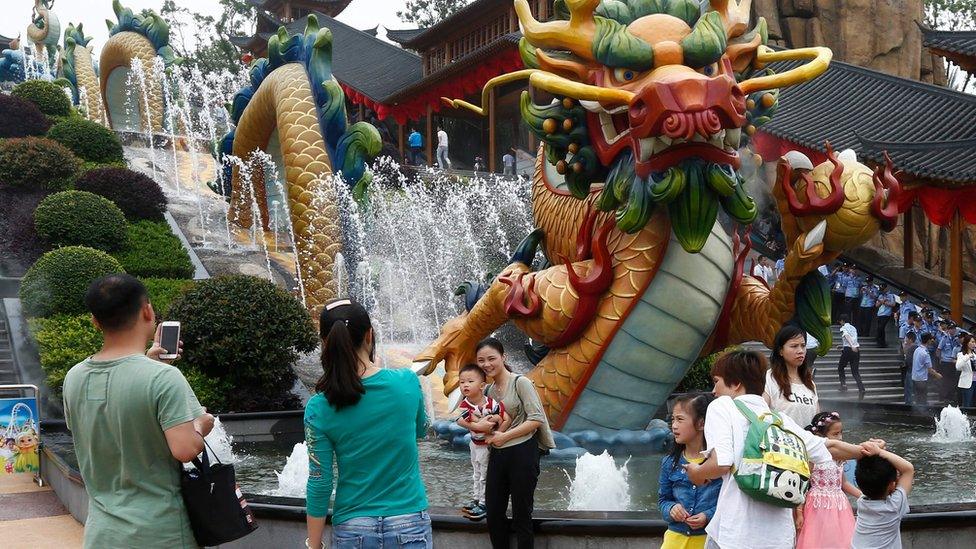
Wanda City, opened last year, is among the assets being sold
Three Chinese theme parks, intended to compete with US giant Disney's ventures in the country, are being sold.
The operations are among businesses being offloaded by conglomerate Dalian Wanda in one of China's biggest ever property deals.
Developer Sunac is paying $9.3bn (£7.2bn) for the assets, including the theme parks and 76 hotels.
Dalian Wanda has not explained its thinking behind the sale, but the firm is heavily in debt.
Some analysts believe that, having delisted from the Hong Kong market last year, a smaller debt pile will strengthen the argument for relisting in mainland China.
Dalian Wanda said it was selling 91% of 13 tourism projects, which are typically made up of theme parks and leisure complexes.
The sale, which is China's second biggest property deal ever according to Reuters data, also includes at least nine other theme parks and tourist attractions which are yet to be built.
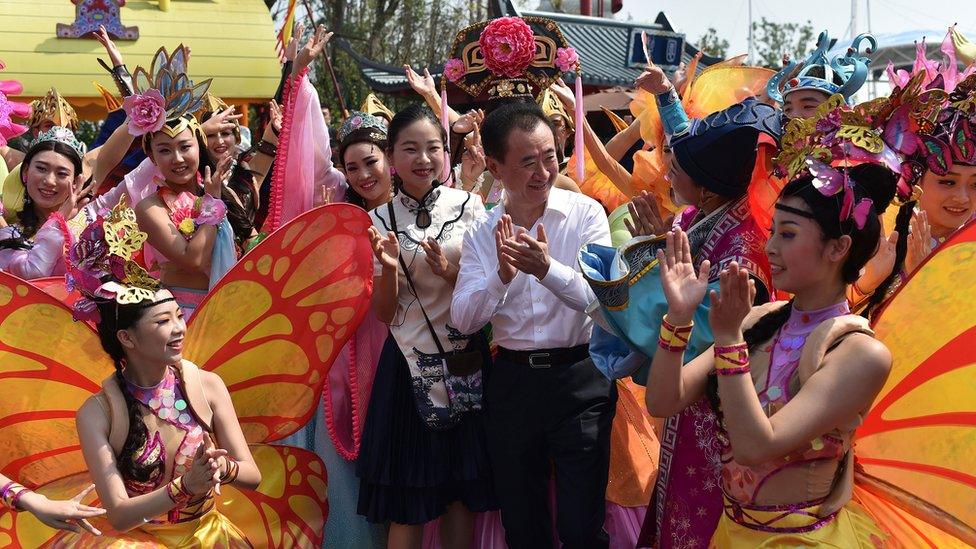
Wanda chief Wang Jianlin: not too keen on Disney's China presence
Sunac's shares were suspended from trading ahead of what it said would be a "very substantial acquisition" announcement. It did not comment further on the deal.
Mickey Mouse craze
Last year Disney opened a theme park in Shanghai, its fourth outside the United States after Paris, Tokyo and Hong Kong.
To compete, Dalian Wanda had adopted a strategy of going for a smaller, cheaper parks in many more places.
When its first venture opened last May, owner Wang Jianlin, said he wanted to move away from western imports and to establish a global brand based on Chinese culture
He told local media that "this craze for Mickey Mouse and Donald Duck is over, the period when we would blindly follow where Disney led has been gone for years".
The sale represents a sharp pull back from the theme park business for the conglomerate, which has also invested heavily in the film and cinema industries.
It controls the AMC cinema chain, as well as Legendary Entertainment, co-producer of hit films including Godzilla and The Dark Knight Rises.
- Published26 September 2016
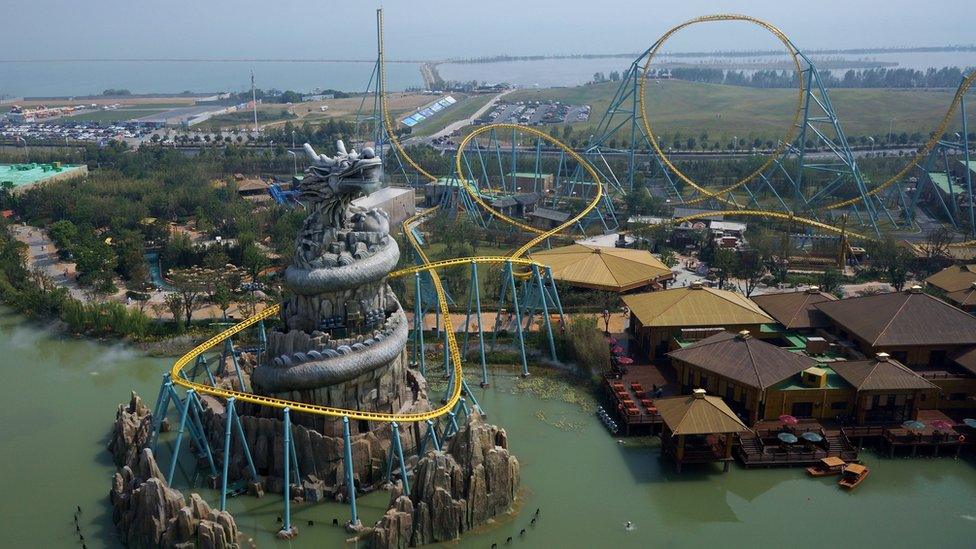
- Published28 May 2016

- Published13 March 2017
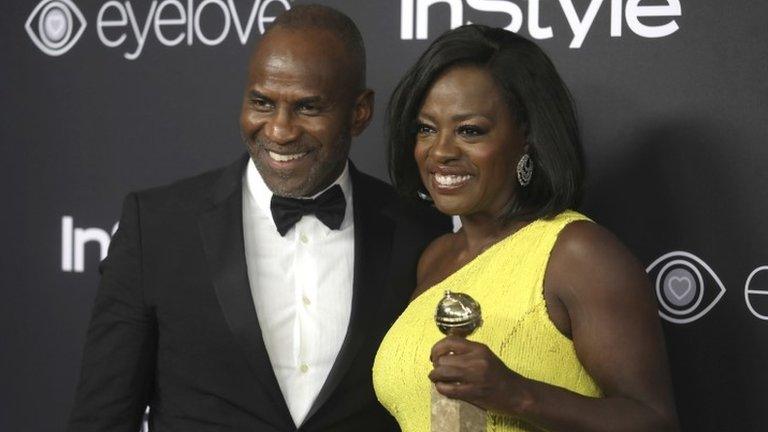
- Published18 October 2016
